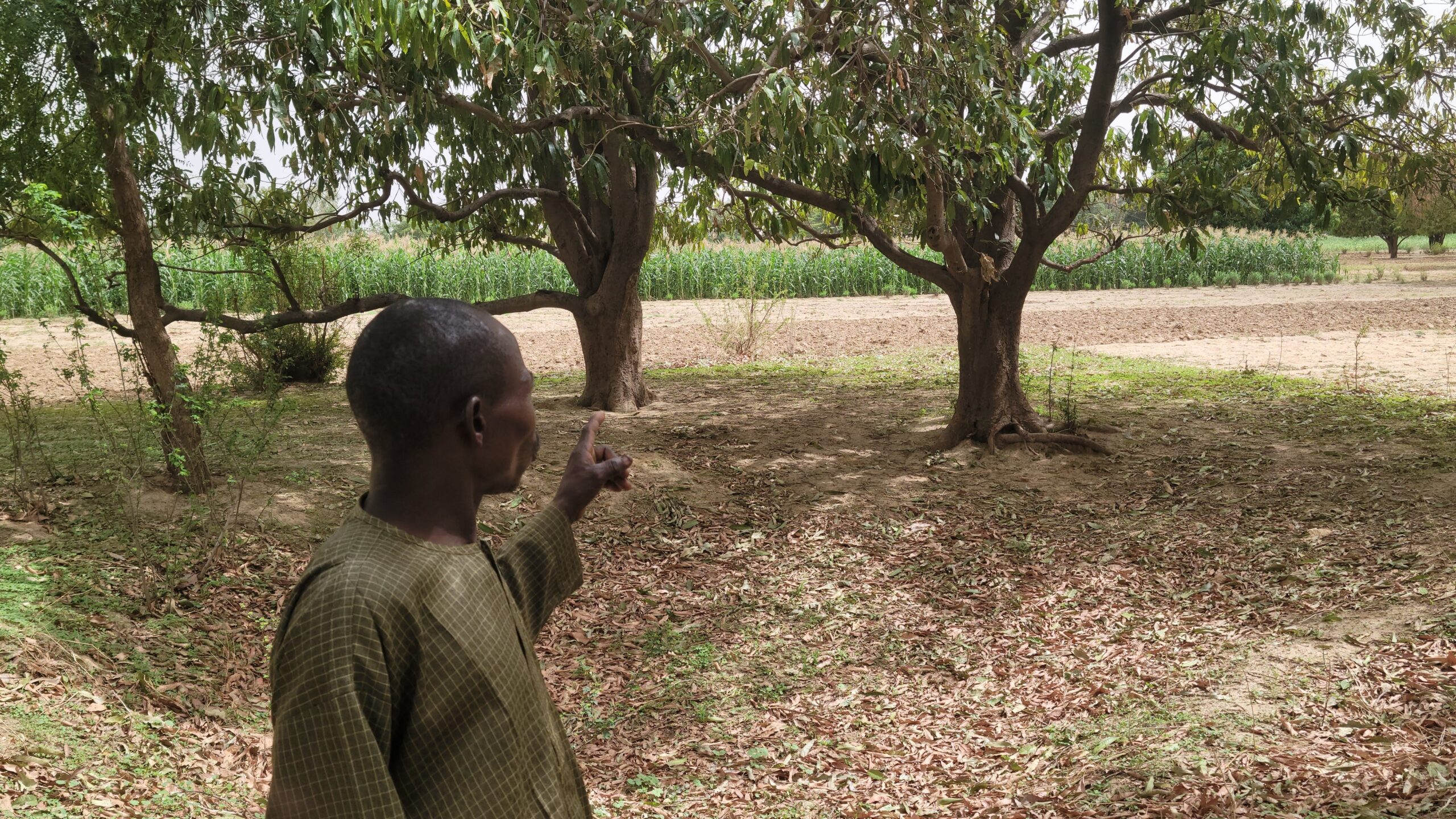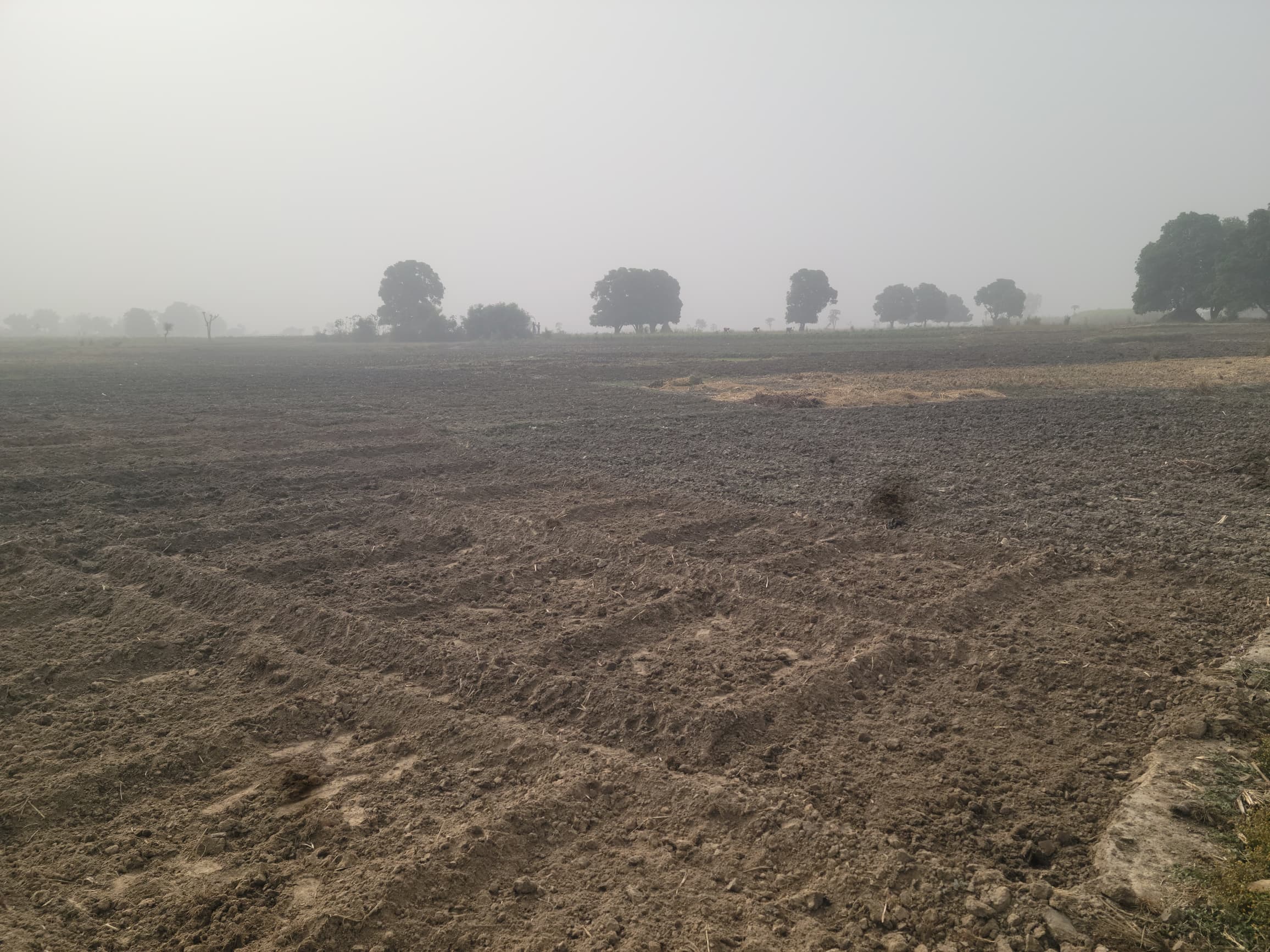Lukman Abdulmalik
Some farmers in Kano state have expressed happiness about recording a bumper harvest in their farming activities and decrying the threat posed to their irrigation.
Stallion Times visited Dawakin Kudu Local Government Areas (LGA) in Kano and observed that maize, rice, and millet account for most of the bumper harvest.
In an interview with farmers, they disclosed that this year’s rainy season has been more fortunate than the previous three years.
After witnessing a bountiful crop, Abdulwahab Dantsoho, 55, a farmer from the Tassa community in Dawakin Kudu, LGA, could not conceal his joy.
On his two acres of land, he farms rice, sorghum, guinea corn, maize, beans, and a few perishable commodities.
Dantsoho noted that the success was due to the skills he learned, which improved his understanding of the ideal seedlings and fertilizers that are resistant to climate adaptation.

“This year I recorded a bountiful harvest compared to my last 4 years of farming.
“We had a blessed rainfall which was accurate and fit to our crops.
“In 2023, I harvested 8 bags of maize, 4 bags of sorghum, 70 bags of rice, 5 bags of groundnut, and 4 bags of cowpea.
“I harvested 100 bags of rice, 15 bags of millet, and 18 bags of maize this year.”
Another Tassa farmer, Aisha Abdullahi, 36, expressed joy after harvesting 32 bags of onions from her less than one-acre plot.
“We thank Almighty Allah for the blissful rainfall this year which resulted in a bumper harvest.
“From my onion farm, I was expecting less than 20 bags but I got more than my expectations.
“To support my family, I have set aside ten bags for the time being and sold the remaining ones at Kwanar Dawaki market.”
Irrigation Farming at threat
As most farmers in different parts of the state have started preparing for irrigation farming, Tassa farmers are not happy due to the lack of sufficient water caused by sand dredging.
The farmers lamented that they had been experiencing low output during irrigation periods for more than 15 years.
Stallion Times discovered that most farmers now prefer rainy-season cultivation to irrigation.
Sanusi Sagir, 45, is a Tassa farmer who farms both during rainy and dry seasons.
He said harvests are generally abundant during rainy seasons but irrigation farming is not profitable due to sand dredging.

“Since when the sand dredging started, our boreholes have gone dry.
“Sometimes I ended up wasting my gasoline, and other times it takes longer than two minutes for a pumping machine to extract water from the ground.
“Before the sand dredging started, I usually harvested more than 80 bags of rice in my 3 acres of land.
“But now because there is not enough water to irrigate the crops, I could hardly gather 30 bags.
“This is a setback to farming in the Tassa community.”
Despite the low expectancy of harvest, Sagir has planted tomatoes and chili paper as he awaits God’s decision over his crops.
Ummi Danbala, 29, noted that she will not participate in irrigation farming this year.
She asserted that she could not harvest even a bag from last year’s irrigation farming.
“I planted rice last year, but I ended up with nothing since I couldn’t afford to waste money on fuel.
“The dredging of sand in our community has posed a threat to irrigation farming.”
Currently, rainy-season farming is preferred over-irrigation by farmers in the Tassa village.
Tassa farmers now invest more of their resources during the rainy season to harvest more farm produce that can sustain them for the whole year.

